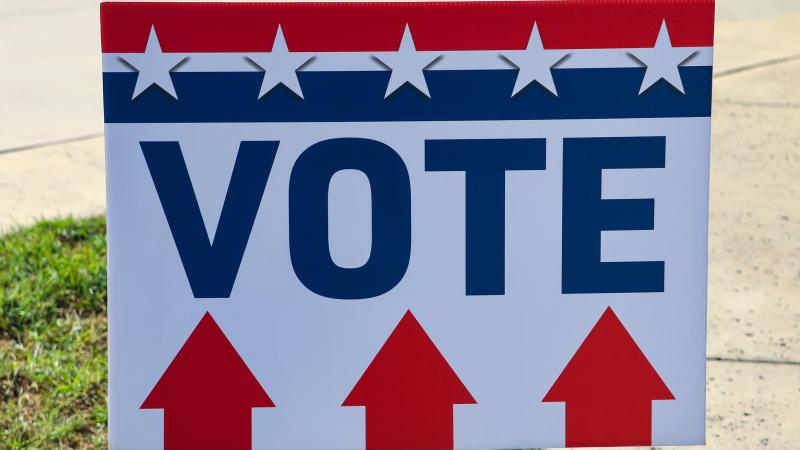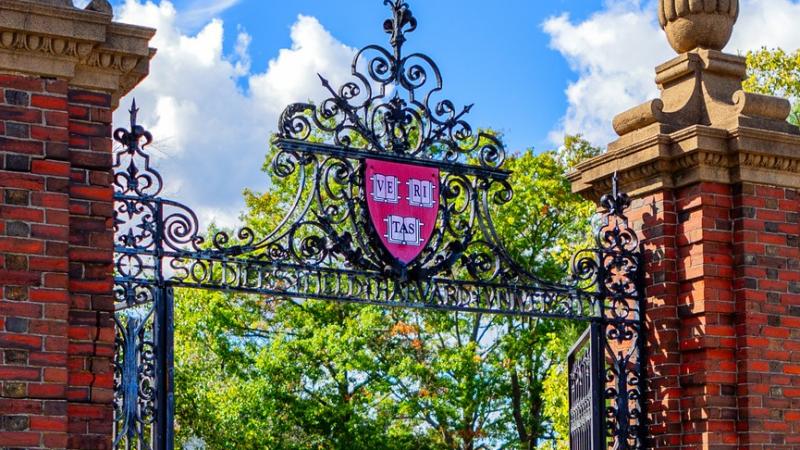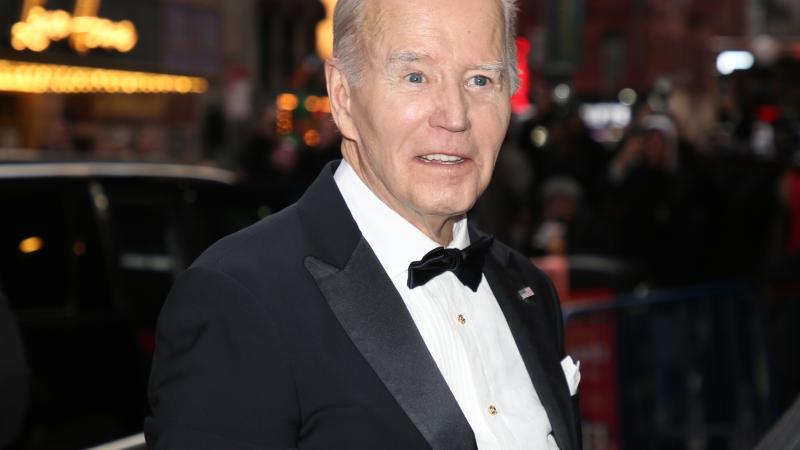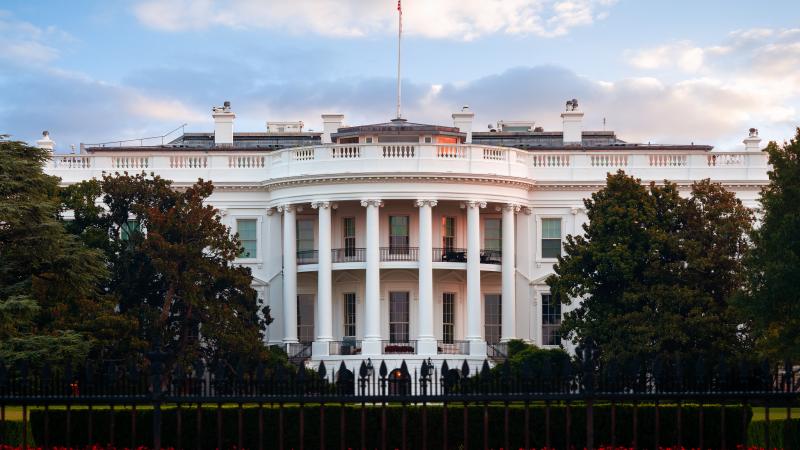In North Carolina, GOP governor candidate Robinson loses in campaign tanked in scandal
Robinson faced a difficult campaign plagued by scandals that turned the a possible victory in a key swing state to a resounding defeat for the controversial Republican candidate.
Democratic Attorney General Joshua Stein is projected to win the North Carolina Governor’s race, soundly defeating Republican challenger and current Lieutenant Governor Mark Robinson.
Robinson faced a difficult campaign plagued by scandals that turned the a possible victory in a key swing state to a resounding defeat for the controversial Republican candidate.
Robinson consistently trailed his Democratic opponent by about 10 points in polls since August. During the race he faced multiple scandals during his campaign, including media reports that he allegedly once described himself as a “black NAZI” on a pornography forum on which he also made crude posts and an admission in a pro-life campaign ad that he and his wife had an abortion “30 years ago.”
After the crude posts allegedly written by Robinson emerged, several senior campaign staff resigned including a campaign adviser, the campaign manager and finance directors. Robinson has denied the allegations.
Longtime Democratic state legislator and Attorney General Joshua Stein is now expected to become the state’s new chief executive, replacing outgoing Democratic Governor Roy Cooper. Stein ran a relatively quiet campaign in contrast to his opponent and focused on his plans to support for public education and abortion access.
Current Republican supermajorities in the legislature have meant the chief executive is powerless to veto any bills passed by both chambers.
Democrats see an opportunity in Robinson’s weakness to finally break the veto-proof majorities that are hinge on only one seat in each chamber. Though Republicans are a clear favorite to maintain simple majorities, experts say Democrats may be able to flip one seat in each chamber and free Stein to veto Republican legislation if he is elected, though the races are closely contested, according to Fox 8 in North Carolina.















